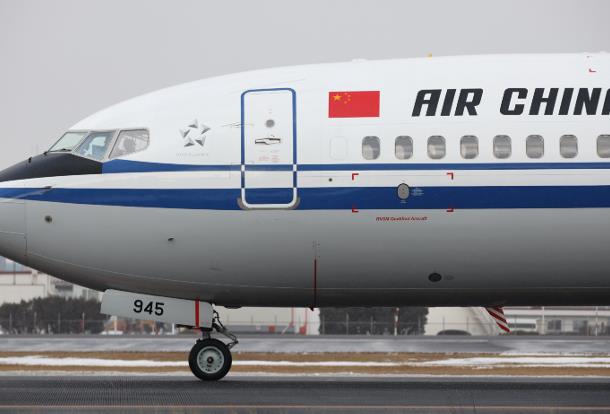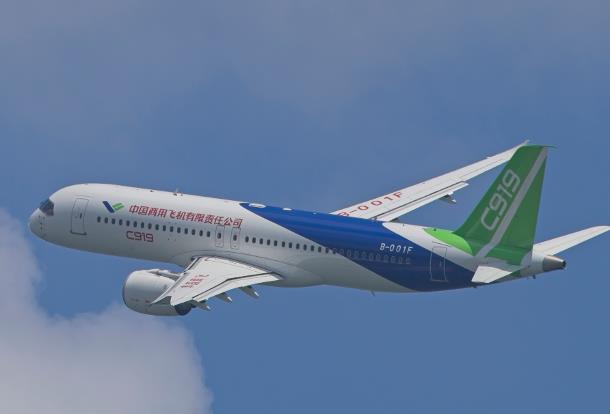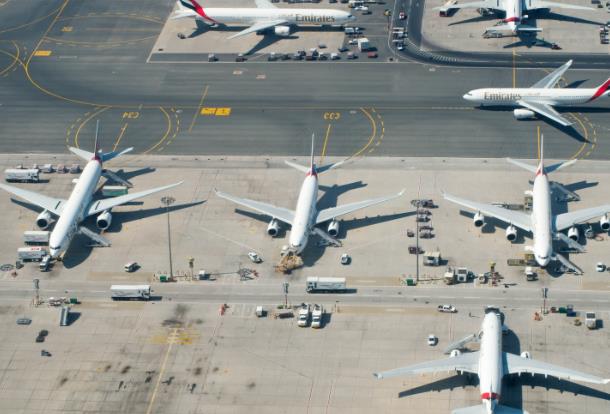Hainan Airline subsidiary West Air has finally gained approval for a “service differentiation” policy in its first step towards transitioning to a low-cost carrier (LCC) model.
Low cost tickets
West Air was registered in Chongqing and made its inaugural flight on June 14 2007. It started with a mixed fleet of Boeing and Airbus aircraft but in 2012 it began to use Airbus A320s fitted exclusively with economy class seating as its standard fleet.
Currently West Air’s average daily usage for aircraft is around 12 hours compared to an average of less than 10 hours for other carriers in China. As a traditional full-service airline, it requires the approval of the Civil Aviation Administration of China (CAAC) to change its operating model to the one that only Spring Airlines has been approved to adopt. Recently it received CAAC’s nod for the “service differentiation” plan and is scheduled to launch on January 20, 2015.
Under the plan, West Air's ticket price will no longer include the cost of inflight meals. Instead, meals can be reserved by request on the airline website four days in advance.
Additional services bring extra revenues
Spring Airlines has always required a baggage fee and never offered inflight meals. Yet its revenue from additional services is relatively low when compared with international LCCs' due to the ingrained “all-inclusive” consumption habit of Chinese passengers.
Air Asia’s revenue from baggage fees and additional fees (including food and beverages, inflight shopping, seat selection, cancelation and cargo) makes up 17% of total revenue but Spring Airlines’ revenue from additional services only accounted for 5.12% of its total income in 2013.
A few months ago Air China launched a paid service for “seat selection” in economy class on a number of its international air routes. First grade seats located nearest to the first row and the emergency exits cost RMB600 to reserve. Second grade seats on row 2-10 are RMB100 and the third grade seats from row 11-20 fees are RMB50.
Delta Airlines and United Airlines have already been offering multi-priced seat selection since 2011 while American Airlines and US Airways have different prices for aisle and window seats at the front end. Passengers on Cathay Pacific and Dragonair can also select the “spacious seats” near the emergency exits for an additional cost of US$25-$100.
Aviation expert Zhijie Lin said that while charging additional service fees is a smart strategy for increasing cost efficiency and earning more revenue, it must be well thought out. “If the ticket prices are already not as competitive as LCCs', carriers must avoid causing an adverse reaction from customers by adding fees for what used to be free of charge, such as seat selection, baggage and meals. Instead, they can add on value-added services like car rental, hotel booking and airport shuttle,” he said.(Translation by David)




